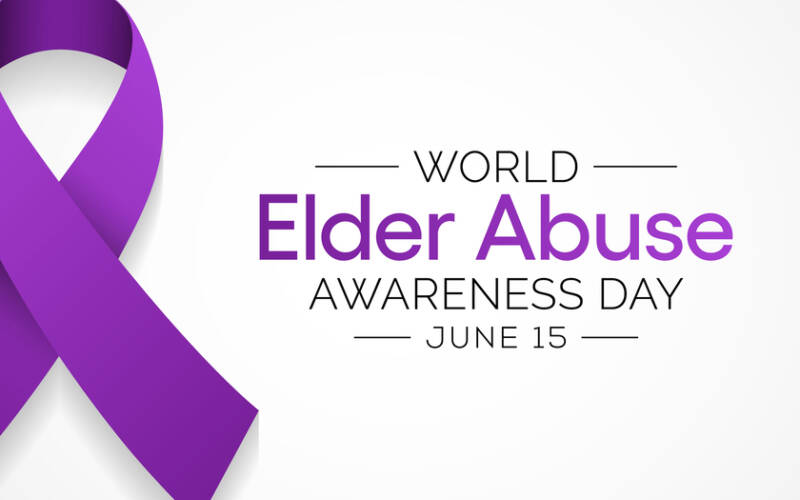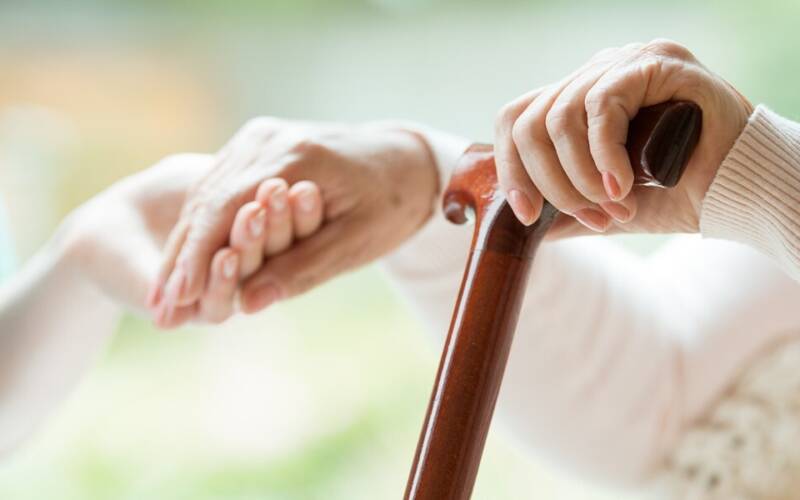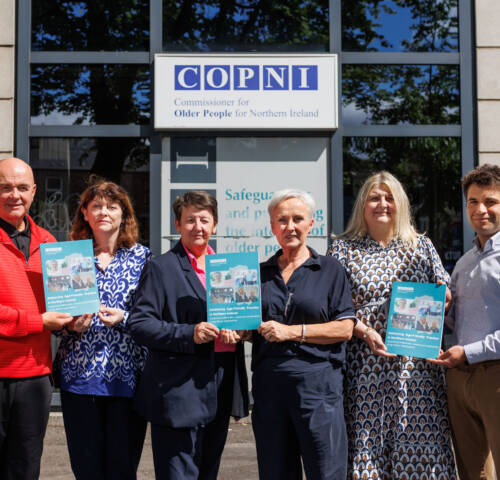New Commissioner for Older People says more needs to be done to support older victims of domestic abuse.
Ahead of World Elder Abuse Awareness Day on Sunday 15 June, the newly appointed Commissioner for Older People for Northern Ireland, Siobhan Casey, has raised concerns about the rising number of older victims of domestic abuse and the unique challenges they face.
The Commissioner warned that older people can be more severely affected due to circumstances that may prevent them from recognising abuse, seeking help, or accessing appropriate support.
There has been a steady rise in the prevalence of domestic abuse crimes against older people in the past two decades (with only a slight reduction noted between 2022/23 – 2023/24). For instance, there were 639 cases involving older victims* in 2014/15, which had more than doubled by 2023/24 with 1,419 reported cases**. While this increase may partly reflect growing awareness and willingness to report such crimes, the Commissioner says it underlines the urgent need for more tailored support and protection for older victims.
The Commissioner for Older People, Siobhan Casey, said the long-term rise in domestic abuse against older people remains deeply concerning:
“Domestic abuse is a deeply distressing experience for anyone, but older people can face particular challenges that heighten their vulnerability and the impact of the abuse. In Northern Ireland, for example, older people are more likely to be living with a disability, which can significantly limit their ability to protect themselves or seek help.”
“Some older people may view abuse as a private or family matter, which can result in them enduring harm for much longer. Factors such as cognitive decline, poor mental health or reduced capacity can also make it harder for them to recognise that what they are experiencing is abuse.”
“Even when abuse is acknowledged, older people may encounter specific obstacles when it comes to reporting it as a crime or accessing support. Evidence suggests they are more likely to live with abuse for extended periods. Many fear the consequences of speaking out – such as damaging family relationships, a loved one being criminalised, or the prospect of loneliness and isolation as a result.”
In a report published late last year by COPNI (Commissioner for Older People for Northern Ireland), it called for improved data collection on the levels and nature of domestic abuse experienced by older people; the introduction of interventions to address barriers to reporting and accessing support; and more awareness regarding the provision of support services that are tailored to addressing the needs of older victims.
The Commissioner said: “The rise in reported cases demands the need to address these issues faced by older people so we can reduce unnecessary barriers that are preventing them from receiving the services, protections and support they both need and deserve.”
*Older is defined as aged 60 +
** Statistics taken from PSNI (2024) ‘Domestic Abuse Annual Trends 2004/05 to 2023/24, Table 3.2’.




